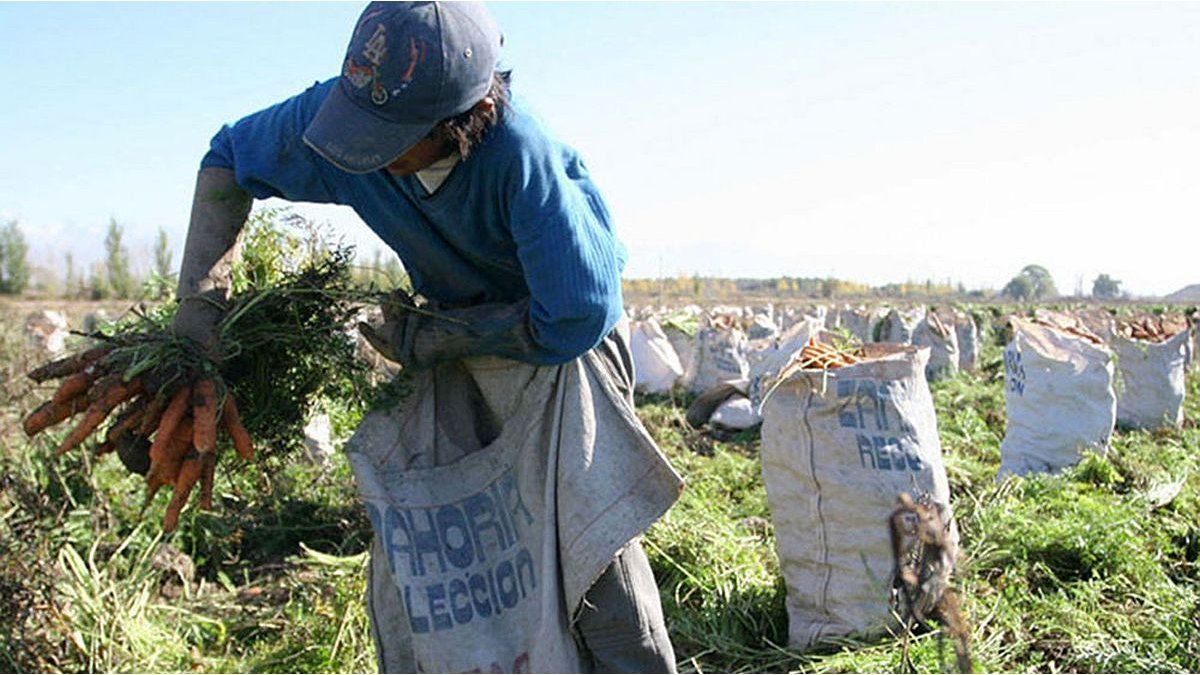Image: colourbox.de
Inflation remains the dominant issue: According to a study by Statistics Austria, a little more than a third of those surveyed aged 16 to 69 at the end of 2022 stated that they had suffered a loss of income in the past year. Housing costs are a big problem, for 24 percent of those surveyed they now represent a serious financial burden.
This corresponds to an increase of ten percentage points compared to the same quarter last year, according to the results of the study published on Thursday. In addition, 27 percent expect payment difficulties for rent, housing loans, ancillary housing costs or operating costs in the next three months. This share has more than doubled compared to the previous year.
A million people in financial trouble
By the end of 2022, a little more than a million people had great difficulty in covering their current expenses with their household income. According to Statistics Austria, this proportion has increased slightly compared to the previous year.
People on low incomes were particularly affected. Within this group, 47 percent stated that they could not get by on their household income. The proportion of households with unemployment was also high (37 percent). Compared to the previous year, the group of people from multi-child households has increased particularly sharply (from 20 to 30 percent). In all vulnerable groups, the subjective burden of housing costs has increased significantly compared to the last wave of surveys, it said.
The proportion of people who cited inflation as the only reason for a loss of income has roughly doubled. In contrast, the reduction in working hours and wage cuts have lost much of their importance as causes of income losses.
Gloomy prospects for the future
Economic expectations for the future have also clouded over significantly. More than half of all those surveyed (53 percent) stated at the end of 2022 that they wanted to reduce spending on major purchases (e.g. furniture, cars, travel) in the coming year. At the end of 2021, this proportion was still 35 percent.
“High inflation continues to cause people great concern. Even if expectations have improved slightly, housing costs are becoming an ever greater burden,” emphasized Social Affairs Minister Johannes Rauch (Greens). However, Rauch was confident that the measures taken by the federal government would have more and more of an impact.
The black-green federal government has tried to compensate for inflation with a variety of aid measures, according to Rauch: Small pensions, social assistance and minimum income have been increased significantly, and social benefits will be increased every year from now on. In addition, the heating and housing cost subsidies of the federal states have been increased again, and the electricity price brake has been bringing relief since the end of 2022. As far as the topic of living is concerned, Rauch referred to the living screen. This was expanded to include subsidies for energy costs and was recently increased by another 25 million euros to a total of 164 million euros.
SPÖ criticizes “government failure”
For SPÖ social spokesman Josef Muchitsch, the study records the “government failure” in the inflation crisis. For a year and a half, the government has been pursuing the “wrong policy” of one-off payments. These fizzled out, were not accurate and cost a lot of money, but would not lower a single price, but instead increase inflation. Muchitsch called for a rethinking of the fight against inflation. The government must finally pursue a price and inflation-reducing policy, so the demand.
Volkshilfe calls for reforms
Volkshilfe, on the other hand, took the numbers as an opportunity to once again call for social assistance that secures a living and a reform of unemployment benefits. According to Volkshilfe director Erich Fenninger, neither social assistance nor unemployment benefits provide adequate protection against poverty. These must finally be raised to a level that ensures a livelihood. People with low incomes in particular cannot live on just a little more than half of their last income in the long term. Therefore, Volkshilfe is demanding an increase in the net replacement rate to 70 percent.
Since the fourth quarter of 2021, 3,000 to 3,500 people have been repeatedly surveyed for the quarterly study funded by the Ministry of Social Affairs and Eurostat entitled “That’s how we’re doing today”. Around 3,300 people took part in the fifth wave in the last quarter of 2022. The survey period was November to December 2022.
Source: Nachrichten




